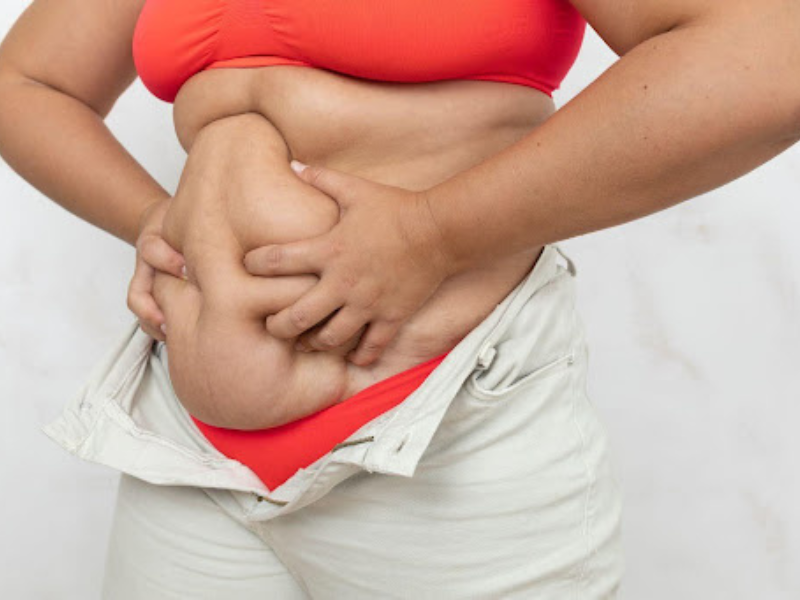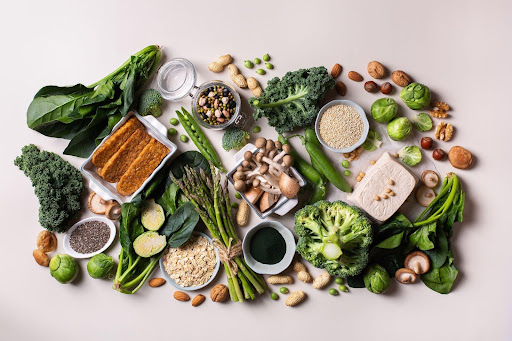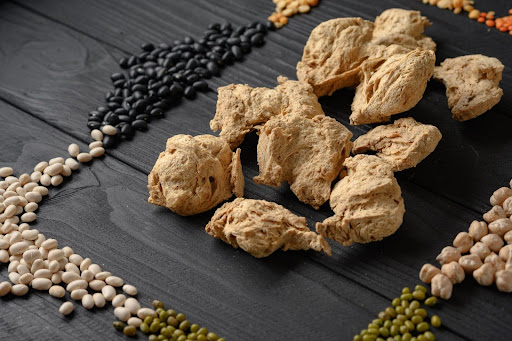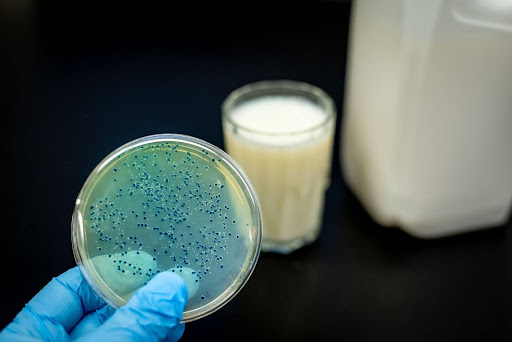
How to Lose Menopause Belly Fat?
Understanding and Conquering Menopause Belly Fat
Menopause is often described as a time of profound change and self-discovery. Yet, this transition can bring along some unwelcome companions, like the stubborn belly fat that seems to resist all efforts to shift it. This isn’t just a cosmetic issue; it’s a health and well-being matter. Increased belly fat during menopause is linked to heightened risks of heart disease, diabetes, and other serious conditions. But what if you could turn this challenge into an opportunity for empowerment and transformation?
Imagine approaching menopause not with dread, but with a proactive mindset and a toolkit of innovative strategies specifically for you. This isn’t about quick fixes or fad diets; it’s about making sustainable lifestyle changes that address the root causes of belly fat during menopause. In this article, you’ll discover how a balanced diet, targeted exercise, stress management techniques, and hormonal support can help you shed the extra pounds and feel your best.
Understanding Belly Fat During Menopause
The Hormonal Shift: Estrogen’s Role in Fat Distribution
During menopause, the ovaries produce significantly less estrogen, a hormone that plays a crucial role in regulating fat distribution in the body. Estrogen typically encourages fat storage in the hips and thighs, but fat tends to accumulate in the abdominal region as its levels drop. This shift not only alters body shape but also increases the risk of metabolic conditions. Understanding this hormonal shift is the first step toward addressing the issue of belly fat during menopause.
The Metabolic Slowdown: Aging and Energy Expenditure
As we age, our metabolism naturally slows down. This is partly due to a decrease in muscle mass, which is more metabolically active than fat tissue. The loss of muscle mass means that the body requires fewer calories to maintain basic functions, leading to weight gain if dietary habits remain unchanged. This metabolic slowdown is exacerbated during menopause, making it harder to shed those extra pounds. Recognizing this metabolic change can help in formulating a more effective weight management strategy.
Cortisol and Stress: The Hidden Belly Fat Culprit
Menopause can be a stressful period, and stress triggers the release of cortisol, a hormone associated with fat storage, particularly in the abdominal area. Elevated cortisol levels can lead to increased appetite and cravings for high-calorie foods, further contributing to belly fat accumulation. Managing stress is therefore a critical component in tackling belly fat during menopause. Techniques to reduce stress and cortisol levels can significantly aid in weight management during this transition.

Insulin Resistance: The Blood Sugar Connection
Menopausal women are at an increased risk of developing insulin resistance, where the body’s cells become less responsive to insulin. This condition can lead to higher blood sugar levels and increased fat storage, especially around the abdomen. A diet high in refined carbohydrates and sugars can exacerbate this issue, making dietary choices crucial for managing belly fat. Understanding the link between insulin resistance and belly fat can guide better nutritional decisions.
Balanced Diet: The Foundation of Belly Fat Reduction
A well-balanced diet is crucial for managing weight and reducing belly fat during menopause. Here are some dietary strategies:
Focus on Nutrient-Dense Foods
Incorporate a variety of fruits, vegetables, lean proteins, whole grains, and healthy fats. Foods rich in fiber, such as whole grains, legumes, fruits, and vegetables, can help improve satiety and reduce overall calorie intake. Emphasizing nutrient-dense foods ensures that the body gets the necessary vitamins and minerals while managing weight.

Protein-Rich Foods
Consuming adequate protein helps preserve muscle mass, which is vital for maintaining metabolic rate. Include sources like lean meat, poultry, fish, eggs, dairy, legumes, and plant-based proteins in all major meals. Protein not only supports muscle health but also helps in keeping hunger at bay.
Healthy Fats
Opt for sources of healthy fats, such as avocados, nuts, seeds, and olive oil, which can help reduce inflammation and support heart health. Healthy fats are essential for overall well-being and can aid in managing weight by providing a sense of fullness.
Limit Added Sugars and Refined Carbs
Reducing the intake of sugary foods and beverages, as well as refined carbohydrates like white bread and pastries, can help control blood sugar levels and reduce fat accumulation. Limiting these can prevent spikes in insulin levels and help in managing belly fat.
Hydration
Drinking plenty of water supports metabolism and helps with appetite control. Staying hydrated is crucial for overall health and can aid in weight management by reducing false hunger signals.
Regular Physical Activity: A Key to Losing Belly Fat During Menopause
Physical activity is essential for burning calories, maintaining muscle mass, and improving overall health. Incorporate the following types of exercises into your routine:
Aerobic Exercises
Engage in regular aerobic exercises such as walking, jogging, cycling, or swimming. Aim for at least 150 minutes of moderate-intensity or 75 minutes of high-intensity aerobic activity per week. Aerobic exercises help burn calories and improve cardiovascular health.
Strength Training
Incorporate strength training exercises at least twice a week to build and maintain muscle mass, which can boost metabolic rate. Strength training is crucial for preserving muscle mass and enhancing metabolic functions.
Core Strengthening
Specific exercises targeting the core muscles, such as planks, bridges, and abdominal crunches, can help tone the abdominal area. Core strengthening exercises help in improving posture and reducing abdominal fat.
Stress Management: Controlling Cortisol Levels
High stress levels can lead to increased cortisol, a hormone linked to belly fat accumulation. Effective stress management techniques include:
Mindfulness and Meditation
Practices such as meditation, deep breathing, and yoga can reduce stress and lower cortisol levels. These practices not only help in managing weight but also improve overall mental health.

Adequate Sleep
Aim for 7-9 hours of quality sleep per night, as poor sleep is associated with weight gain and increased belly fat. Adequate sleep is essential for hormonal balance and overall health.
Hormonal Balance: Supporting Your Body Naturally
Maintaining hormonal balance can mitigate some of the effects of menopause. Strategies include:
Phytoestrogens
Consuming foods rich in phytoestrogens, like soy products, flaxseeds, and legumes, can help balance estrogen levels naturally. Phytoestrogens mimic the effects of estrogen and can support hormonal balance.

Regular Health Check-Ups
Monitor hormone levels and discuss with a healthcare provider about potential therapies or supplements that might support hormonal balance. Regular check-ups ensure that any hormonal imbalances are addressed promptly.
Healthy Gut: Enhancing Digestion and Metabolism
Gut health plays a crucial role in weight management and helps reduce belly fat during menopause.
Probiotics and Prebiotics
Include probiotic-rich foods like yogurt, kefir, and fermented vegetables, and prebiotic-rich foods like garlic, onions, and bananas to support a healthy gut microbiome. A healthy gut can improve digestion and metabolic functions.

Fiber Intake
A high-fiber diet supports digestive health and can aid in weight loss. Fiber-rich foods help in maintaining satiety and improving bowel movements.
Foods to Get Rid of Menopausal Belly Fat
Incorporating specific foods into your diet can help target menopausal belly fat:
- Berries: Rich in antioxidants and fiber, berries can help reduce inflammation and promote satiety.
- Leafy Greens: Low in calories and high in nutrients, leafy greens like spinach and kale support overall health and weight management.
- Nuts and Seeds: Packed with healthy fats, protein, and fiber, nuts and seeds can help control hunger and provide essential nutrients.
- Green Tea: Contains catechins that can boost metabolism and aid in fat loss.
Lifestyle Modifications
A holistic approach to reducing post-menopausal belly fat involves multiple lifestyle modifications:
- Consistent Routine: Maintain a regular eating and exercise schedule to support metabolic processes.
- Mindful Eating: Practice mindful eating by paying attention to hunger and fullness cues, and avoiding distractions during meals.
- Avoid Alcohol: Reducing alcohol consumption can help decrease caloric intake and improve liver function, which is crucial for metabolism.
- Social Support: Engage with support groups or communities of women going through similar experiences to share tips and stay motivated.
Key Takeaway
Menopause marks a significant transition in a woman’s life, often accompanied by challenges such as the accumulation of belly fat. However, with a proactive approach that includes a balanced diet, regular physical activity, stress management, and hormonal support, it is possible to manage and even reduce menopausal belly fat.
This journey requires commitment and patience, but the rewards of improved health, well-being, and self-confidence are well worth the effort. Embrace this phase of life with a positive mindset and the knowledge that you have the power to make meaningful changes for a healthier future.
Citations
- Kodoth V, Scaccia S, Aggarwal B. Adverse Changes in Body Composition During the Menopausal Transition and Relation to Cardiovascular Risk: A Contemporary Review. Womens Health Rep (New Rochelle). 2022 Jun 13;3(1):573-581. doi: 10.1089/whr.2021.0119. PMID: 35814604; PMCID: PMC9258798
- Fenton A. Weight, Shape, and Body Composition Changes at Menopause. J Midlife Health. 2021 Jul-Sep;12(3):187-192. doi: 10.4103/jmh.jmh_123_21. Epub 2021 Oct 16. PMID: 34759699; PMCID: PMC8569454.
- Tandon VR, Sharma S, Mahajan A, Mahajan S. Effect of life-style modification on postmenopausal overweight and obese Indian women: A randomized controlled 24 weeks preliminary study. J Midlife Health. 2014 Jan;5(1):23-8. doi: 10.4103/0976-7800.127787. PMID: 24672202; PMCID: PMC3955041.

Malvika Fulwani





